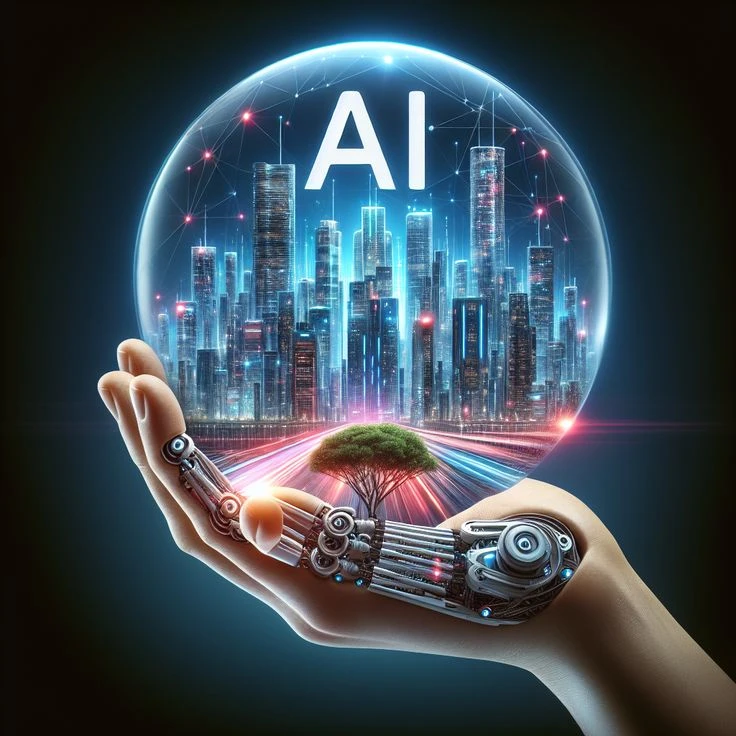
The rise of Artificial Intelligence (AI) has sparked discussions across industries about its potential to replace human workers and reshape entire job sectors. In 2025, digital marketing stands at a pivotal moment where AI is undeniably transforming how businesses approach customer engagement, advertising, and content creation. However, the question remains: Is AI replacing digital marketing?
The Role of AI in Digital Marketing
AI has already revolutionized several aspects of digital marketing, from automation in email campaigns to advanced data analytics, predictive modeling, and even chatbots providing customer service. As a Freelance Digital Marketer In Palakkad ,Platforms like Google Ads, Facebook Ads, and Instagram leverage AI to refine audience targeting, optimize ad spend, and provide personalized user experiences.
Automation and Efficiency
Automation tools powered by AI help marketers schedule posts, track analytics, and even personalize content. This allows businesses to focus more on strategic decisions while letting AI handle repetitive tasks. The result? More efficient campaigns with less manual intervention.
Data-Driven Insights
AI can analyze vast amounts of consumer data in real-time, offering insights that would be impossible for a human to generate manually. From customer behavior to browsing patterns, AI can predict the type of content or product that will most likely convert a user into a customer, providing valuable guidance for decision-making.
Content Creation
AI tools are now capable of creating basic content such as blog posts, social media updates, and product descriptions. While these tools have made content creation faster and more cost-effective, they still lack the creative flair, nuance, and emotional connection that a human marketer can inject into a brand’s story. AI, in this sense, enhances content creation but cannot fully replace human ingenuity.
Will AI Replace Human Digital Marketers?
Despite AI’s advancements, it’s crucial to understand that AI is not a one-size-fits-all solution. While it can streamline processes and provide data-driven insights, digital marketing still relies heavily on human creativity, intuition, and relationship-building. Here’s why:
Strategy Development
AI can analyze trends and consumer behavior, but it cannot fully grasp the complex human emotions, cultural nuances, or market shifts that often dictate the direction of a brand’s strategy. Building a brand’s identity, crafting authentic messaging, and understanding customer pain points are tasks where human marketers shine.
Creativity and Brand Storytelling
Marketing is about telling a compelling story that resonates with customers. AI can generate content based on data, but it cannot weave a narrative that connects emotionally with an audience. Humans are needed to create the kind of meaningful, memorable, and authentic content that builds lasting relationships with consumers.
Human Touch in Customer Service
AI-powered chatbots and customer service tools have come a long way, but they still lack the empathy and understanding that a human customer service representative can offer. For complex or sensitive customer issues, human interaction is often preferred and necessary to build trust and loyalty.
AI: A Tool, Not a Replacement
Rather than replacing digital marketers, AI is a tool that augments and enhances their work. It allows digital marketers to focus on strategy, creativity, and relationship-building, while AI takes care of the repetitive tasks, data analysis, and automation. The key is collaboration—humans and AI working together to create a more efficient and personalized experience for customers.
The Future of Digital Marketing with AI
As AI continues to evolve, digital marketers will need to adapt. Instead of fearing AI’s growth, professionals should focus on integrating AI into their marketing strategies to improve performance. Digital marketers in 2025 will be expected to have a deep understanding of how to use AI tools effectively, blending human creativity with AI’s efficiency to stay competitive.
In conclusion, AI is not replacing digital marketing in 2025. Instead, it’s reshaping the landscape, enhancing how digital marketers work, and creating new opportunities for growth. While AI’s role in automation and data analysis continues to expand, the heart of digital marketing—creativity, strategy, and human connection—remains squarely in the hands of skilled marketers.
By embracing AI as an invaluable tool, digital marketers can stay ahead of the curve and continue to create impactful, authentic, and engaging campaigns that resonate with their audience.